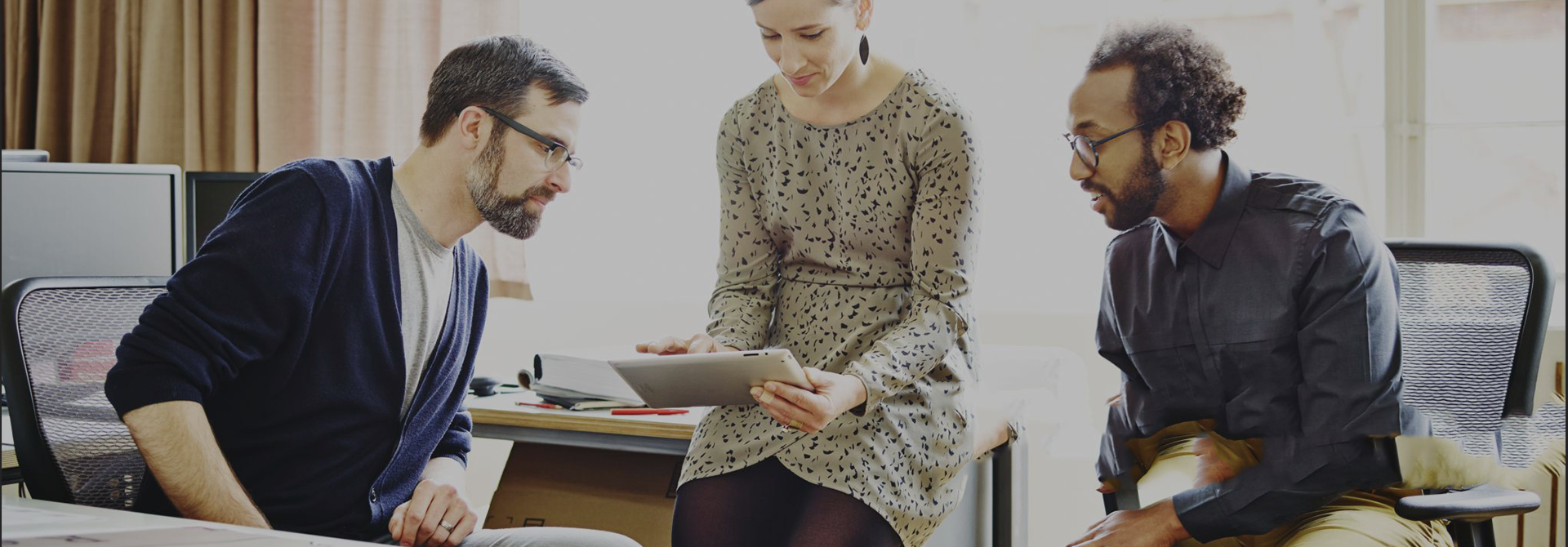How Your Web Hosting, Web Design, and SEO can Make or Break Your Business!
Ever wondered how your web hosting and SEO affect your web design? Here’s what you should know about their relationship.
Web hosting, web design, and SEO might seem to be unrelated at first glance. But when you start delving into it, the 3 are actually more closely intertwined than you might think. The web host you choose can have a direct impact on your SEO and your web design, which means… If you choose a poor host, you could end up paying a heavy price for it.
Let’s take a closer look at the relationship between web hosting and SEO and how your choice can make or break your web design. Pay attention—this could save you time, money, and stress in the future.
Website Speed & Performance
Fast web hosting is imperative for design-heavy websites. The higher the loading speed, the better the design elements will perform.
A slow loading speed will cause the site to lag as multimedia loads, which can easily chase away visitors and ruin your chances of doing business.
Impact on SEO
Google (and other search engines) actually give priority to sites that load fast. They know that half of website visitors will leave the page if it doesn’t load within 3 seconds, so fast-loading websites get pushed up the rankings, and slow ones get pushed down.
Role of Hosting
Your web host’s features can play a big role in the speed of your website. A good web host will use solid-state drives, offer high bandwidth limits, have a fast server response time, and use the latest up-to-date software.
Reliable Uptime
Reliable website hosting will keep your website up, running, and accessible to everyone on the internet.
If your site is down more often than it should be, all that money you spent on web design won’t even matter, because nobody will be able to see it.
Impact on SEO
Downtime can lower your search engine rankings, especially if it happens to be down when search engines are trying to crawl it.
Role of Hosting
A good web host will offer 99.99% or more uptime. This is the minimum you should go for—it’s the industry standard—to make sure all your beautiful website design is available for viewing any time.
Location of the Host’s Server
The further your visitor is from the host server, the longer it’ll take to load those fancy design elements. Visitors can quickly get tired of waiting for your site to load and hop off to another site that loads faster.
It doesn’t matter if you are viewing a site on desktop or mobile devices, page speed and load time matter, so do regular checks with your host server to make sure it has quick page speed for SEO purposes not to mention great UX (user experience).
Impact on SEO
If you’re aiming for local SEO, being hosted on a faraway server could ruin your local rankings. Search engines also take loading speed into account, so if the majority of your traffic is far away, you’re going to get penalized for slow loading times and kicked down in the ratings.
Role of Hosting
Most hosts offer servers in a variety of different locations, so your website content can be hosted on a server close to wherever your target audience is. For those whose audience is worldwide, choose a web host that uses a content delivery network.
Security
Low security can wreak havoc on your site, and not just thanks to cyber thieves or bullies.
An insecure hosting environment can stop things like contact forms, interactive elements, and backups from working properly, reducing the user experience.
Make sure you have an SSL certificate to show website brand trust as well as any security plugins like Wordfence and Securri to protect from malware and hackers.
Impact on SEO
If your website gets hacked or information is compromised, you can be severely penalized and even blacklisted by search engines. Not only does this really knock you down the search engine rankings, but it can be almost impossible to come back from.
Role of Hosting
A reliable web hosting provider will have layered security and perform regular backups. Look for things like firewalls, SSL certificates, malware scanning, and antivirus software.
Scalability
Planning on getting more traffic than you’re getting now? Make sure your hosting can accommodate your growth because if it can’t, your web design, SEO, and traffic will suffer.
Remember, scalability isn’t just about traffic, either—if you’re planning on adding new design features, interactive elements, or resources in the future, your host’s ability to scale with you matters.
Impact on SEO
If your site gets a sudden traffic surge, it needs to be able to handle it without buckling and crashing underneath it. Google and other search engines check out your traffic capacity when they crawl your site, and it plays a role in your overall search engine ranking.
Role of Hosting
A quality web host will provide you with a number of different tiers that make it easy to scale as your website grows. Do your research on this beforehand so you know how far up you can scale. If you’re looking for almost unlimited scalability and room for resources, cloud hosting is best.
Type of Hosting
This is probably the first thing you should be looking at. The type of hosting you choose makes a BIG difference to almost everything, including your SEO and design.
Shared hosting spreads resources amongst a lot of different websites, which means that if your neighboring site gets a traffic spike, it can take resources away from yours, stopping interactive design elements from working or sizable images from loading.
Storage & Bandwidth
Your web host’s storage dictates how much media you can store. When it fills up, your loading speed will increase and your website’s ability to handle traffic will decrease.
At the same time, your host’s bandwidth—how much data it can transfer from one server to another over a period of time—can influence how fast (or slowly) your design elements load.
When in doubt, choose a web host with higher storage and bandwidth. The website traffic you get from a great looking site is thanks enough.
Technical Limitations
Some web hosts’ servers have restrictions on technologies you can use, like not allowing all PHP versions or other languages.
Depending on the extent of your web design, this could limit design choices or capabilities, so it’s important to check this first or ask the advice of a web designer in Halifax to make sure you’re able to do what you want to do with your site’s design.
Conclusion
Your web hosting, web design and SEO make a huge difference to your website’s success whether you are a small business or tourism operator in Nova Scotia.
Every element of your website and hosting can also either help or hinder your business! Do yourself a favor and get professional web hosting from the start, possibly with a dedicated private IP to limit spam.
Your site will run smoothly as a result and your beautiful looking modern website will stay visible and interactive, and your visitors will enjoy every moment of being on your website.
About the Author
Paul Wheeler runs a web design agency that helps small businesses optimize their websites for success. He aims to educate business owners on all things website-related at his own website, Reviews for Website Hosting.

